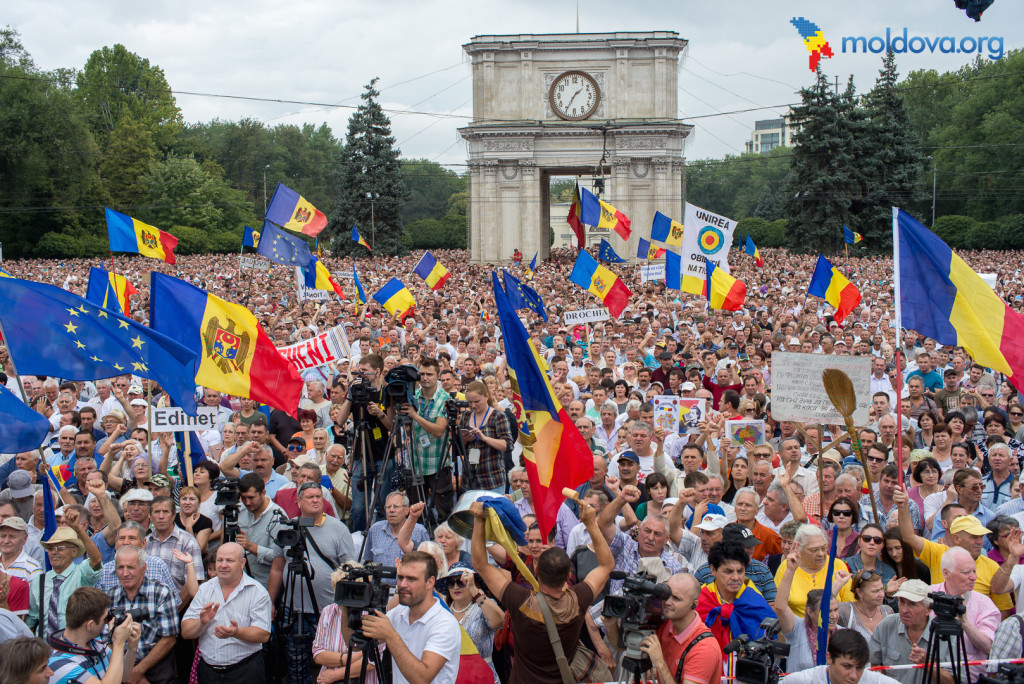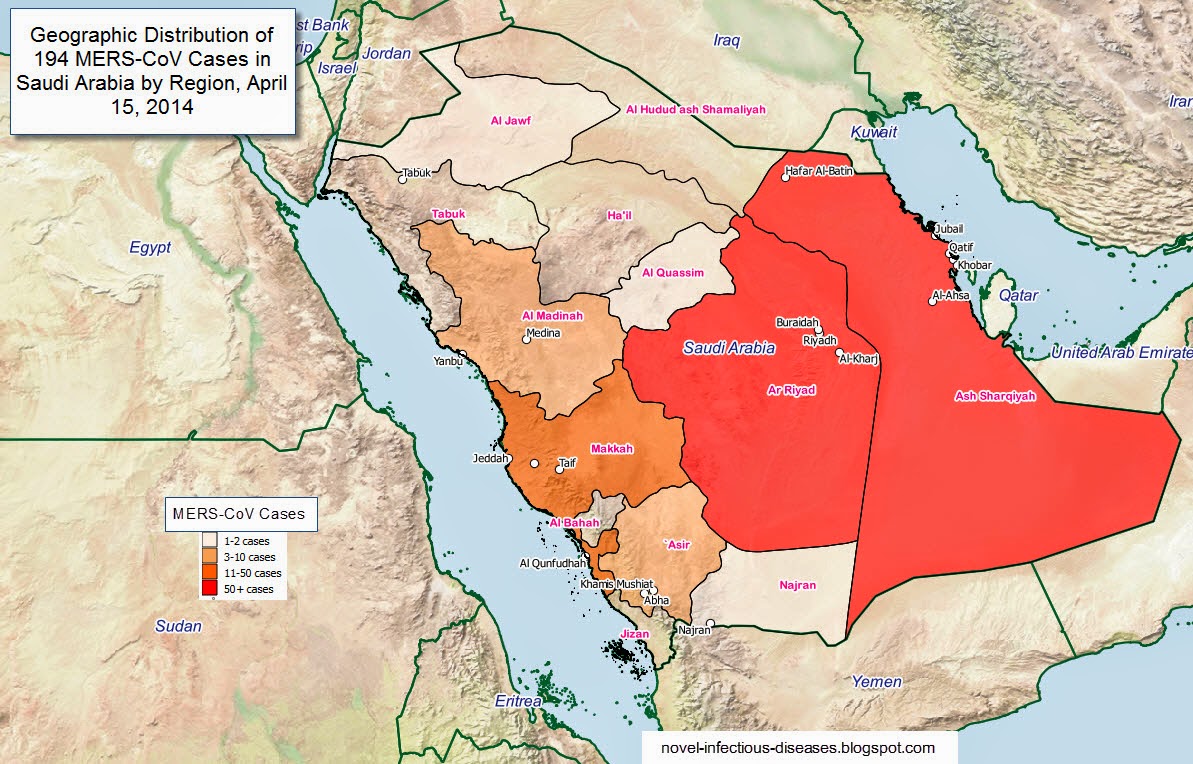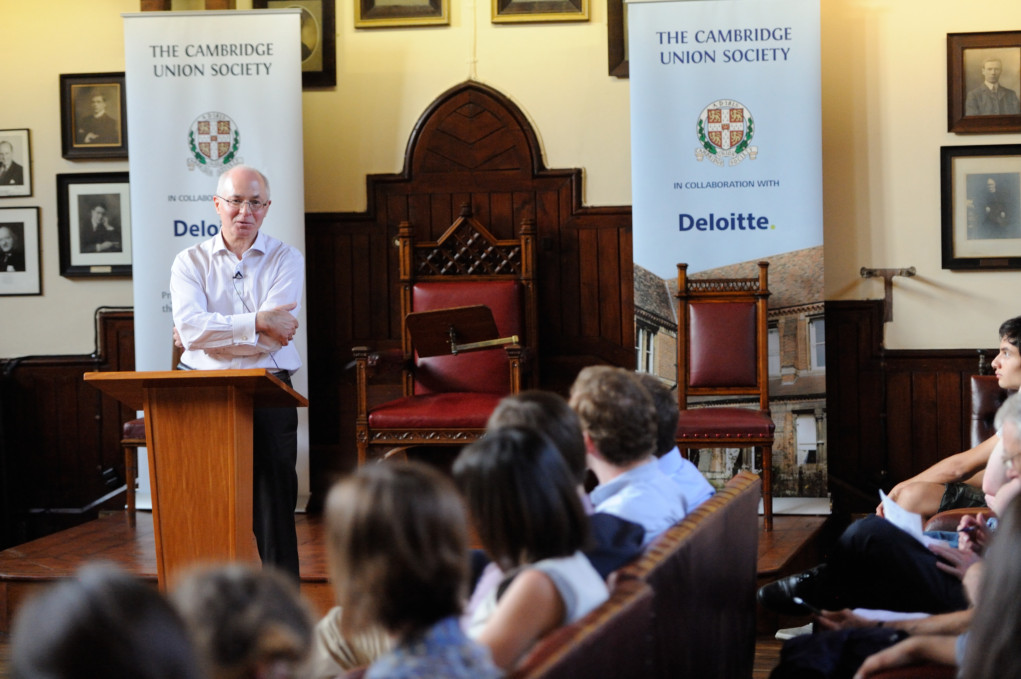The debate on joining NATO is one that has flared up at regular intervals in the ring of countries bordering Russia. Finland and Sweden have so far pursued a policy of neutrality while acting as long-standing allies; the Baltic states joined the Alliance in 2004; and Ukraine, Georgia, and Moldova have intermittently sought rapprochement to NATO, with mixed success and enthusiasm. Russia’s increasingly belligerent behaviour in past years has driven countries in its neighbourhood to think long and hard about the costs and benefits of NATO membership.
In Moldova, a tiny post-Soviet republic wedged between Romania and Ukraine, and one of the poorest countries in Europe, the debate on joining NATO has been characterized by a careful balancing of different pragmatic considerations. Moldova gained independence in 1990 and since 2009 has been governed by a series of different pro-European coalitions. Like other countries in its neighbourhood, it has to weigh the benefits of strong security guarantees from the Alliance, should it become a full member, with the cost of unduly provoking its temperamental Russian neighbour. Russia has made it clear that it would see a Moldovan bid for NATO membership as unfavourable.
Vehemently rejecting NATO expansion eastward – to Moldova, and also Ukraine, Georgia, and Finland – Putin has blamed NATO leaders for reneging on a promise he claims was made by former NATO Secretary Manfred Wörner not to expand eastward after the fall of the Berlin Wall. NATO leaders have been quick to respond that Putin’s assertions that a promise had been made are “simply untrue,” and that NATO is open to countries who pursue membership of their own volition and fulfill the necessary conditions.
While Moldova is not actively seeking NATO membership, nor does its constitution allow it to join an international military alliance, it participates in NATO’s Partnership for Peace (PfP) program, and has contributed to NATO-led operations in Kosovo since March 2014. NATO members have made it clear that they respect the country’s constitutional neutrality. However, at the same time they have expressed an interest in deepening cooperation with Moldova to deal with security challenges in Eastern Europe. NATO has offered support and advice to Moldova through the new Defence and Capacity Building (DCB) Initiative following the NATO Summit in Wales in September 2014. Moldova’s governing coalition — made up of the Liberal Democratic Party (PLDM), the Democratic Party (PDM), and the Liberal Party (PL) – has shown itself open to what has been dubbed as ‘soft NATO expansionism.’ This entails closer relations with NATO, without pursuing negotiations for membership. Its main efforts have been geared towards European rather than Euro-Atlantic integration, signing an Association Agreement with the EU in June 2014 and agreeing on highly sought-after visa liberalization in April 2014. This grants Moldovan citizens the right to visa-free travel within the EU.
However, the corruption scandal that saw over $1 billion disappearing in a yet unresolved scheme of banking fraud in 2014 has severely delegitimized Moldova’s westward-looking leaders.With anti-corruption protests rocking Chisinau throughout 2015, calls for the government’s resignation led to the ousting of both Prime Minister Chiril Gaburici in June 2015 and his successor Valeriu Streleț in October.
Pavel Filip, the new Prime Minister, took office in January. Like his predecessors, he is deeply unpopular. He is largely perceived to be under the control of Vlad Plahotniuc, a powerful businessman considered to be the de-facto leader of the Democratic Party — and Moldova’s richest man. Representing what many Moldovans consider a deeply corrupt political class, Filip has also been asked to resign, by pro-EU and pro-Russian protesters alike. And while both NATO and the EU have urged the government to implement much-needed reforms aimed at fighting corruption and strengthening rule of law, their continued support for a government that many Moldovans consider ‘pro-EU in name only’ may significantly hurt their legitimacy, and the the legitimacy of the democratic process, within the country.
In these times of political and economic crisis, NATO and the EU should tread carefully. While security concerns are once again at center-stage, and strengthening governments with a clear goal of improving relations with the West may seem self-evident, especially considering the growing strength of pro-Russian groups and Putin’s support for separatists in Transnistria, the West should be careful that democratic values aren’t sacrificed to political machinations.
Realpolitik has serious implications for democracy development in Moldova, just like it has in Georgia and Ukraine. And with 88% of Moldovans thinking that their country is moving in the wrong direction, statements like that of Victoria Nuland, the US Assistant Secretary of State for European Affairs, saying “the most important thing is that in Moldova there is a strong pro-European government,” fails to understand the people’s main grievances. Rather than being concerned with whether a government is pro-European or pro-Russian, they care about ending the systemic corruption that is crippling Moldova’s economic potential.
In its cooperation with Moldova, NATO would do well to remember that, to deal with Moldova’s very real national security problems and its geopolitical vulnerability, it must move past the simple dichotomy of whether the country’s direction is pro-Western or pro-Russian. Furthermore, it must recognize that it is not geopolitics, but corruption that is the biggest threat to people’s faith in democracy in Moldova. Rather than simply considering the country as a bulwark against Russia, with security considerations eclipsing democratic or economic considerations, NATO would do well to consider the vital importance of democratic, justice and economic reforms for the country’s future stability.




